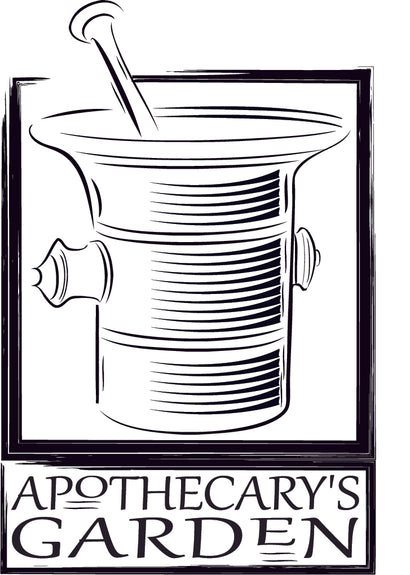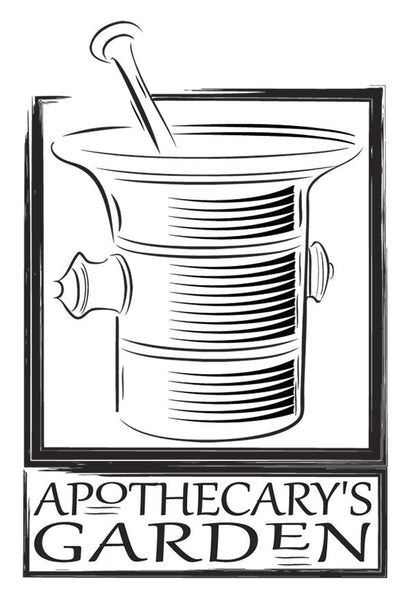
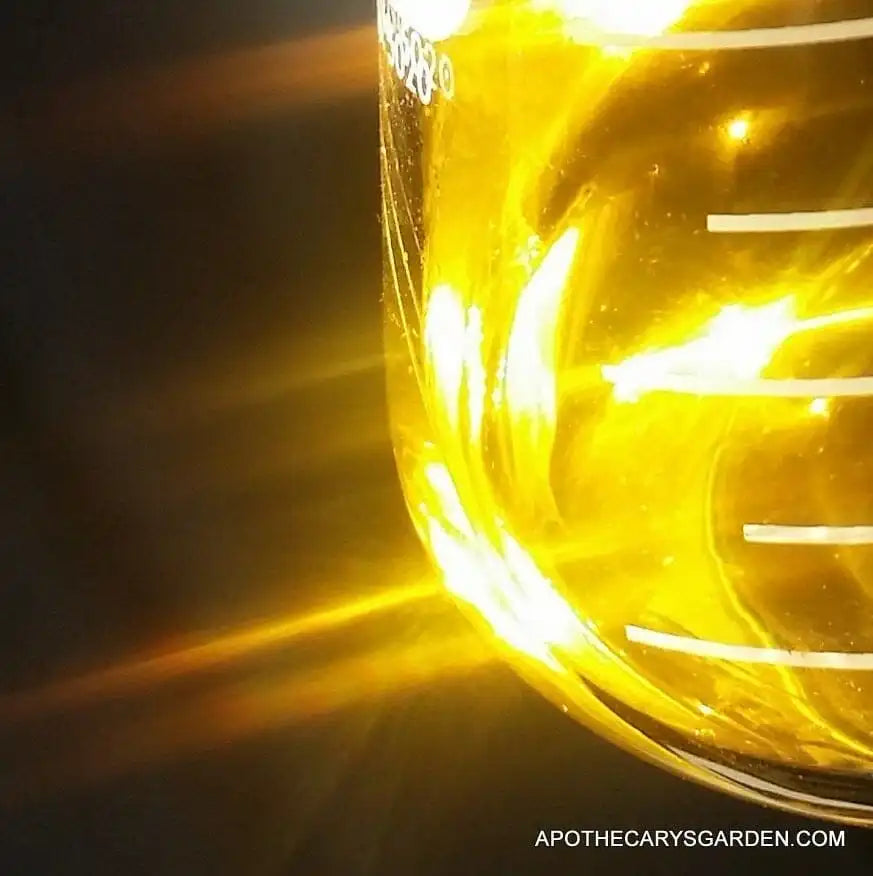
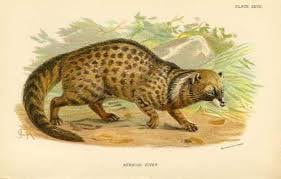
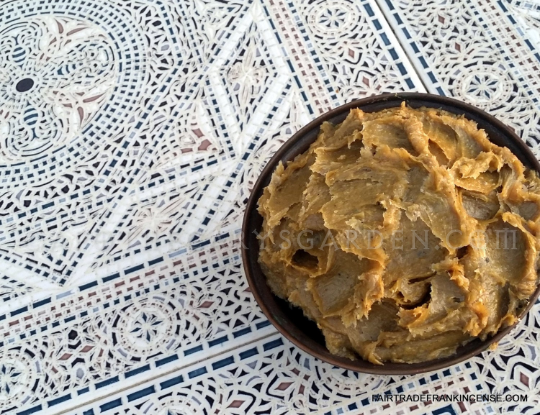
Civet Paste
Civet paste is one of the rarest traditional fragrance materials and has been used for thousands of years as a perfume ingredient and fixative. It lends depth, dimension and a note of urgency to a perfume blend.
Civet paste is thought to have been one of the gifts the Queen of Sheba brought to King Solomon, to arouse desire and lust with its animalic edge.
Starting with an unpleasant aura, Civet paste sweetens with age, developing unique, almost floral notes and a softness that counterbalances its animal heart.
There has been much controversy around traditional methods of keeping Civets for their musk, and rightly so.
The Western world has boycotted the use of Civet in the fragrance industry for decades due to the cruel traditional methods used to collect the paste. After extensive research and numerous visits to Ethiopia to examine the situation more closely, I think our passive approach to the lack of ethics in the trade has done more harm than good.
By withdrawing our financial support from the industry we have increased the stark poverty of the traditional farmers, leaving them even less resources to effect change. We have added one more obstacle to an already struggling country and have created a black market and back door for large companies and corporations to continue using Civet products in their perfumes, unseen by the public eye. The animals in captivity suffer just the same as before our boycott, and the market is rife with adulterated products.
I believe that only through our active engagement as concerned Western consumers can this unhappy situation be rectified. Real Civet paste can retail for up to $50.00 a gram. The farmers or the country see little of this.
This product is posted here to help solicit your interest and support for a new approach to the ethical dilemma of one of our world's most precious perfume resources. We are slowly losing our natural aromatics and medicinals all over the world through our own mismanagement.
Suppose there is financial incentive, a market, through our increased western demand (our purchasing power), for high-quality and ethically produced Civet products. In that case, I believe the farmers and government of Ethiopia will have the incentive and the means to modernize their practices to meet our ethical standards.
This is a case of collective individual activism meeting global change. It can only work collectively. I have kept the price low and accessible for this reason. It doesn't matter if you buy a gram of Civet paste to show support or 10 grams to make your own tincture or absolute. The more voices that can join, the more likely it is that we can transform the industry together.
On my latest visit in April 2025, I visited a traditional Civet farm and experienced the warm hospitality of the traditional Civet farm family.
The paste I purchased from them is directly collected from their Civet cats and is the purest I have ever experienced. No middlemen have adulterated or diluted it. I was honoured to personally see the collection process and receive the paste I had witness collected.
I now work directly with this farmer, and step by step, we are introducing more humane and animal-centric methods to this tradition. Change will NOT happen overnight. But I believe we are on the right path.This paste is of the highest quality.
I will keep everyone updated as our new methods and practices unfold.
Thanks
Dan
Here is a link to my Video-How to make a tincture of Civet for perfume
Since many customers ask how to process the Civet paste once they have it, I will offer brief and general instructions here.
For every gram of Civet paste, take an equal weight of Powdered Orris root or sandalwood powder, and grind both together well. Let it sit for a few hours and grind them some more.
Add alcohol at 95% and let it macerate for at least 4-6 weeks.
Place in the freezer for at least a day and run it through a paper coffee filter to separate out the fats.
Bottle and leave it to mature.
You can make a tincture of Civet with 95% alcohol at 1:10, 1:20, 1:40 or even 1:100
1:10 will give you a very animalic-smelling tincture.
1:20 will give you a sweeter tincture with less obvious animalic notes.
1:40 will create a tincture with a lighter and more diffuse scent which will intensify and like the other tinctures, sweeten with time.
I find after ageing 7 months, there is a very distinct change in the fragrance and I usually bottle it or use it at that time. The scent will, however, continue to mature and evolve in the bottles.
Civet is subtle and unusual and that is where its power of transforming perfumes lies. It is not about quantity, concentration or strength in the usual sense.
Coming from a herbal background, I used to tincture it at 1:10. After a few years of working with this material, I have come to understand it better. I now produce 1: 20 and 1:40 tinctures.
Materials: Civet Paste, Pure Civet Paste.
